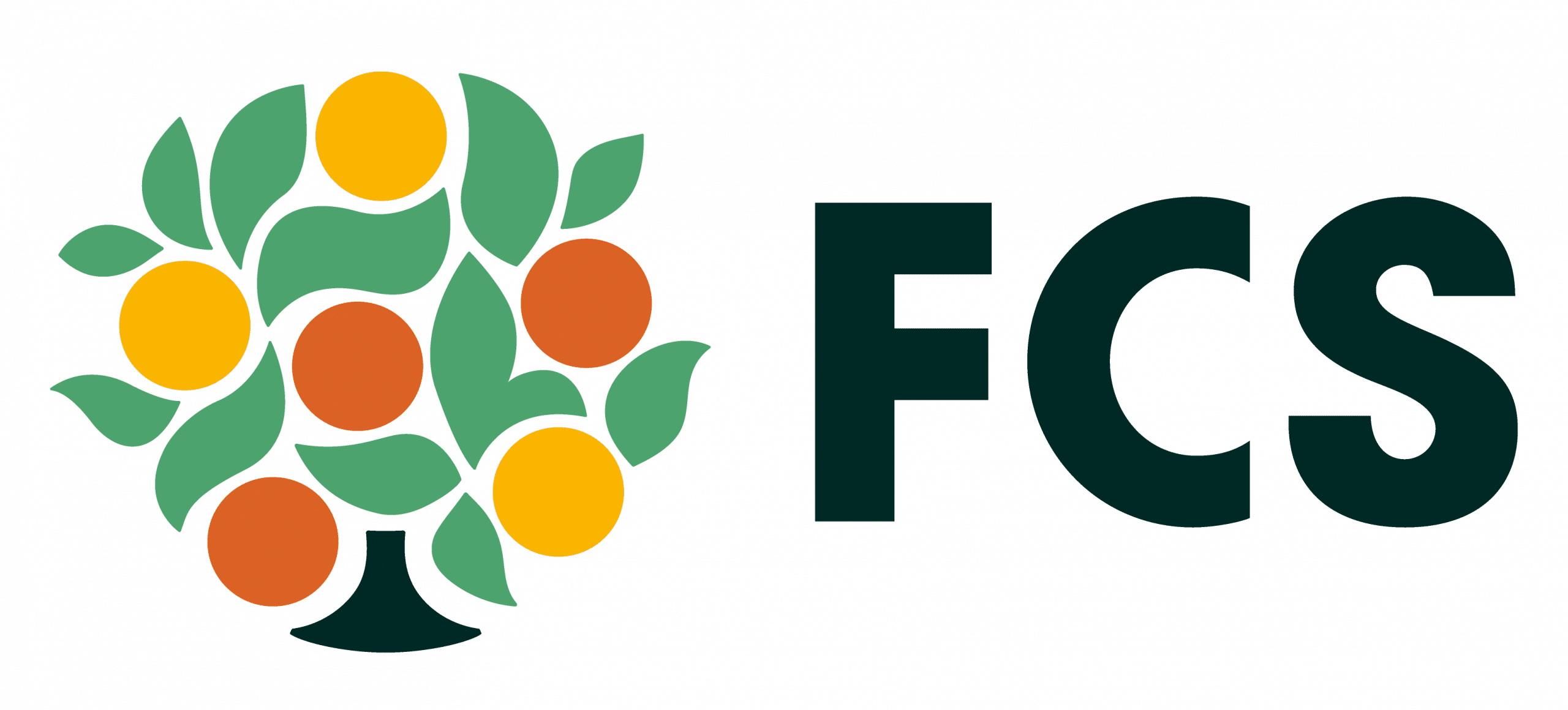A Brief History of Pro Football in Orlando
They tell me the history of pro football in Orlando is cursed, and my initial reaction is polite skepticism.
Orlando?
With its football-crazed fan base? Rabid TV market? Florida Citrus Sports hosting the big-league Citrus Bowl? Postcard weather?
A Who’s Who of eventual or former NFL head coaches that included Steve Spurrier, Jack Pardee, Jim Haslett, and Jay Gruden? Sounds like a lot of positives.
“I wouldn’t use that word,” said Lee Corso, the ESPN college football analyst who did two tours of duty of Orlando pro football – once as coach of the USFL Renegades and later as a six-month stand-in GM of the World League of American Football’s Orlando Thunder.
“In my experience, that word is used because teams aren’t good enough to win,” Corso said. “The other team had better players usually. The problem with these leagues here is they underestimated the costs of doing business, but we had great crowds, a really good experience. ESPN was good to us, too.”
“I really think that’s the reason I got the job at ESPN,” Corso said of his time as Renegades coach. “Everybody wanted to come to Orlando because we had beautiful weather. Had nothing to do with my team. So I was on TV all the time.”
Pro football’s dalliances with Orlando didn’t end so well for other coaches or, obviously, other teams – most recently, the Apollos in 2019; nonetheless, pro football has found its way to Orlando once more with the second return of the XFL bringing the Guardians to town.
The Apollos ending was more of a gut punch and didn’t exactly leave the Head Ball Coach Spurrier feeling uplifted. For good reason.
On the day when the Alliance of American Football ownership dropped the curtain on Spurrier and his 7-1 Apollos after promising the city, the fans, and the players so much more, Orlando Sentinel sports columnist Mike Bianchi wrote this.
“Another day, another defunct, dishonest, fly-by-night pro football league going belly-up in Orlando.”
That sums it up. If repeat failure under trying, sometimes disheartening circumstances constitutes “cursed,” Orlando has that covered.
“I don’t know what I’d call it,” Bianchi said. “We’ve had all these alphabet football leagues that had a chance to be successful, but they’ve blown it.”
The Apollos and Spurrier were just the latest in a procession of six Orlando teams starting in 1974. Most, if not quite all, raised expectations not just with good coaching but with quality play (four league championship games) only to get victimized by near misses in title games and financial shortcomings in league boardrooms.
Pulling the cord on the Apollos ended a terrific season. They were two games better than everybody else.
They persevered despite challenging circumstances that saw them have to practice in Georgia because they couldn’t procure workers’ compensation insurance coverage in Florida.
“You want to talk about our team?” an anguished player screamed at reporters the day the curtain fell. “WHAT TEAM?”
In the scope of Orlando’s pro football history, it turns out that’s a pretty fair question. What team?
It was the Apollos then, but in other uniforms, in other years, under other coaches, the same question was eventually asked regarding the Tuskers, the Renegades, the Rage, the Thunder, and the Blazers.
What team? As in, here today, gone a year later.
Read about Orlando’s pro football history and talk to those who have witnessed the rise and fall, you realize that it’s not just a story of promising starts minus the Disney endings.
You understand it might actually qualify as the Twilight Zone meets The Omen (“I see dead franchises.”) A brief recap:
The Guardians
In July of 2022, the Guardians became the latest professional sports team to call Orlando, and Camping World Stadium, home as they were announced as one of the eight teams in the XFL’s second attempt at a comeback.
Initially founded in 2001 by WWE executive Vince McMahon, the XFL saw its first attempt at a relaunch canceled mid-season in 2020 due to the COVID-19 pandemic. The XFL filed for bankruptcy shortly after, and the league was put up for sale.
Former WWE wrestler-turned-Hollywood A-lister Dwayne “The Rock” Johnson teamed up with Dany Garcia and RedBird Capital to purchase the league for approximately $15 million shortly before the league was set for auction. The second revival of the league announced its teams on July 25, 2022, with the Guardians moving from New York to Orlando. On the same day, Super Bowl Champion and College Football Hall of Fame Cornerback, Terrell Buckley, was named the franchise’s first head coach.
The Guardians kicked off their inaugural season on the road against the Houston Roughnecks on February 18, 2023, losing 33-12.
The Apollos
The Apollos, as mentioned, is the only Orlando pro football team to play its home games at a venue (UCF’s Spectrum Stadium) other than the Florida Citrus Bowl. So good with Spurrier presiding, they were the class of the league when the AAF broke promises and ruined dreams.
“Spurrier loved coaching here,” Bianchi said. “The team was good. He was enjoying it. His final season at South Carolina didn’t go well. If you remember, he quit halfway through the season.”
Spurrier quit as South Carolina head coach in late September of 2015, saying, “I’ll just be the former Head Ball Coach.”.
He was. Just not for long.
“This was a chance for him to go out a winner,” said Bianchi. “And they were winning when it got shut down.”
A redemption narrative getting interrupted fits the “cursed” narrative well enough. And that was only the most recent of Orlando’s dearly departed.
The Tuskers
The Florida Tuskers of the United Football League, who were 11-3 over two seasons with different coaches (Haslett and Gruden), finished first in 2009 and 2010 and lost the championship each year.
By a combined three points.
If Spurrier figured to be coach of the year in 2019, that was officially Haslett in 2009. A former NFL Coach of the Year with the New Orleans Saints, he won the same award in the UFL.
Two seasons later, the Tuskers were gone to Virginia and renamed the Destroyers.
And, of course, won the UFL championship under former Browns and Kansas City Chiefs coach Marty Schottenheimer.
Curses again, if not exactly cursed.
The Orlando Rage
The Orlando Rage of the XFL finished first in 2001 in the second coming of Galen Hall.
As for the discussion of a cursed history, there is only this bit of anecdotal evidence: the Rage lost 26-25 in the semifinals to a team named the Demons.
The Orlando Thunder
The Orlando Thunder, after a two-year run in the World League of American Football.
Agonizing losses in close games are a common thread for fan bases that believe their favorite teams are haunted. In Cleveland, they give the crushing moments titles: The Drive, The Fumble. The Shot (Michael Jordan’s buzzer-beating levitation over the Cavaliers Craig Ehlo in 1989).
In Orlando, no titles. But there’s just a small-world similarity to the disappointments.
For instance, in Galen Hall’s first go-around, the Thunder finished first in their final season, 1992, before losing the title game 21-17.
After leading 17-6 in the fourth quarter.
Three months later, the franchise was disbanded.
The Orlando Renegades
The Orlando Renegades, who missed the playoffs in their lone season, 1985, in an 18-game season (5-13) under Corso. The Renegades, formerly the Washington Federals, never got the chance to build on their lone season.
“We had great ownership with Donald Dizney,” said Corso, who also said the team was financially solvent. “Not only that, we paid the L.A. team so they could play their last game against us. They ran out of money. (Hall of Famer) Steve Young was their quarterback. Don had to pay them to come to our place and finish the season. ”
The Florida Blazers
The 1974 Florida Blazers of the World Football League. Jack Pardee went from being named Coach of the Year in the WFL to calling for an investigation into the malpractice of league owners.
“It looks like we’ve been ripped off again,” Pardee said in his first press conference after joining the Chicago Bears as head coach in 1975.
It turns out a league that didn’t pay players for three months during the season and exaggerated attendance figures also didn’t fairly compensate players for playoff games. And the coach and Blazers players still gave it their admirable best.
The Blazers were 14-6 in Pardee’s only season, won the division, and proceeded to lose World Bowl I by a single point (22-21) to the Birmingham Americans, whose jerseys were confiscated (at least they waited until after the game) to help pay the debt. There was no World Bowl II.
It was a loss that set the tone for most of what would follow in Orlando.
Good coaching. Several first-place finishes. Excruciating losses on the scoreboard and in the league accounting offices.
Come to think of it, the history of pro football in Orlando (minus the indoor Predators, if you even count studio football) is pretty much the story of leagues arriving in town on a speeding bandwagon and creeping out in a funeral procession.
Good thing Orlando doesn’t have a glass chin. A city could develop a complex after taking so many punches.
Instead, Orlando pursued and brought the NFL Pro Bowl to town in 2017. After a four-year run here, the league moved the game to Allegiant Stadium in Las Vegas.
Football in Orlando
Florida Citrus Sports operates the Cheez-It Citrus Bowl, which remains the seventh-oldest bowl game in the country. The New Year’s Day tradition just concluded with No. 18 Kentucky holding on for a 20-17 win over No. 23 Iowa at Camping World Stadium.
Orlando has kept on keeping on with the Cheez-It Bowl, which came to town in 2001 and pits the Atlantic Coast Conference against the Big 12. In the latest rendition, No. 14 Clemson beat Iowa State 20-13 in late December.
There’s not exactly a shortage of competitive football in Orlando with bowl games and the Florida Classic, the annual rivalry game between Bethune-Cookman and Florida A&M University.
As for pro football, Orlando continues to make a lot of lists of cities the NFL might consider if it ever cashes in on its popularity and decides to expand.
It certainly has some appealing elements. Large TV market and population base. Great airport. Easy access. Football-crazed state.
As Orlando city officials discovered in the mid-90s, when the Glazer family used the city as leverage to get what it wanted for the Buccaneers in Tampa, nothing happens in the NFL without a commitment to build a state-of-the-art stadium.
That’s not the reason, though, why Corso is less than optimistic about an NFL team coming to town.
“No way,” he said. “Tampa. Miami. Jacksonville. I just don’t see them putting a fourth team in Florida.”
Well, you might argue that stranger things have happened.
Or – a stretch for sure given the history of pro football in Orlando – if you’re the eternally hopeful sort, you’d argue that maybe, just maybe, the seventh time is the charm.
GET BIGTIME
UPDATES
Keep up to date with all of the news from Florida Citrus Sports!






















